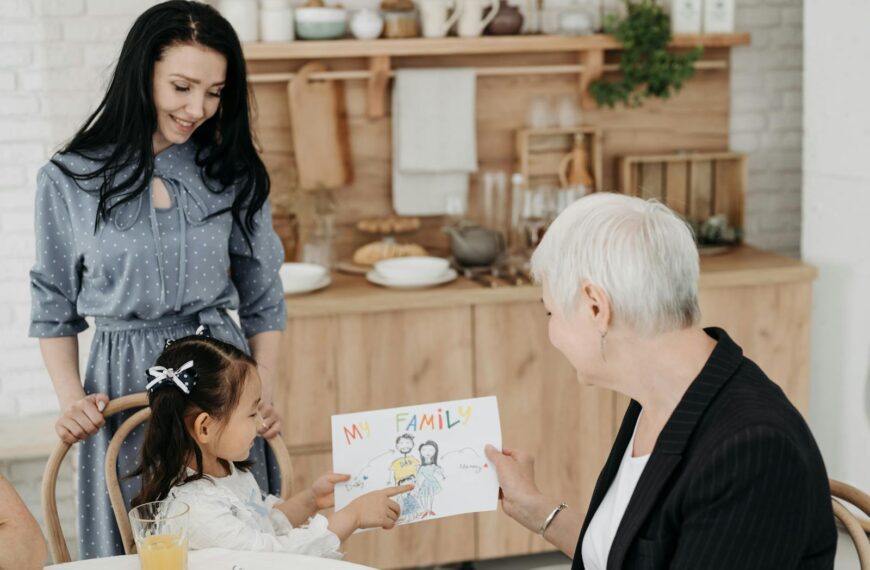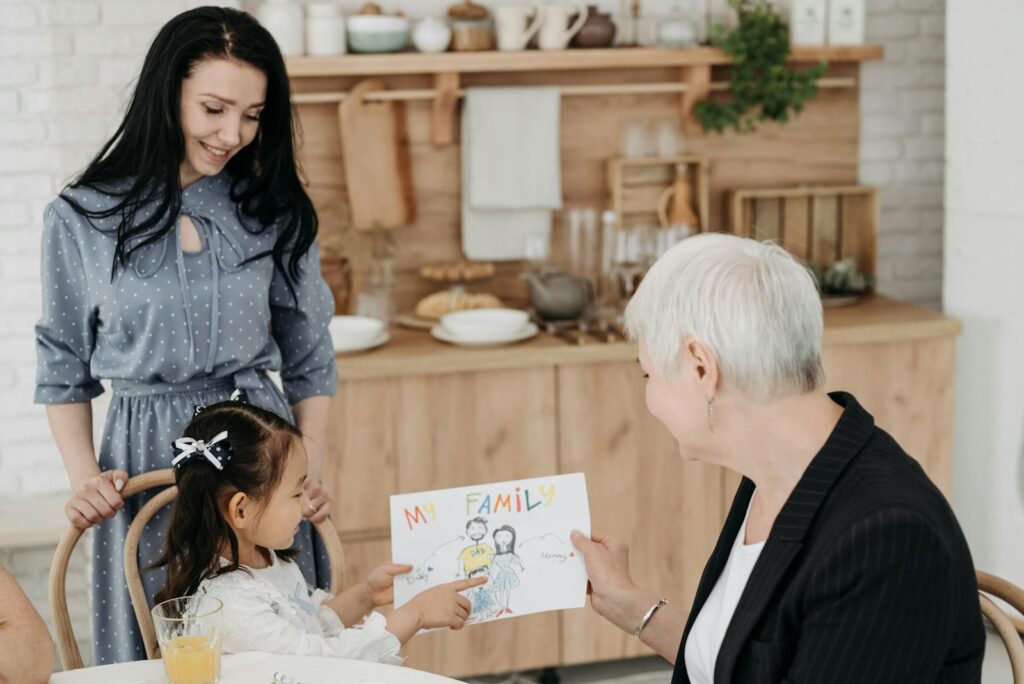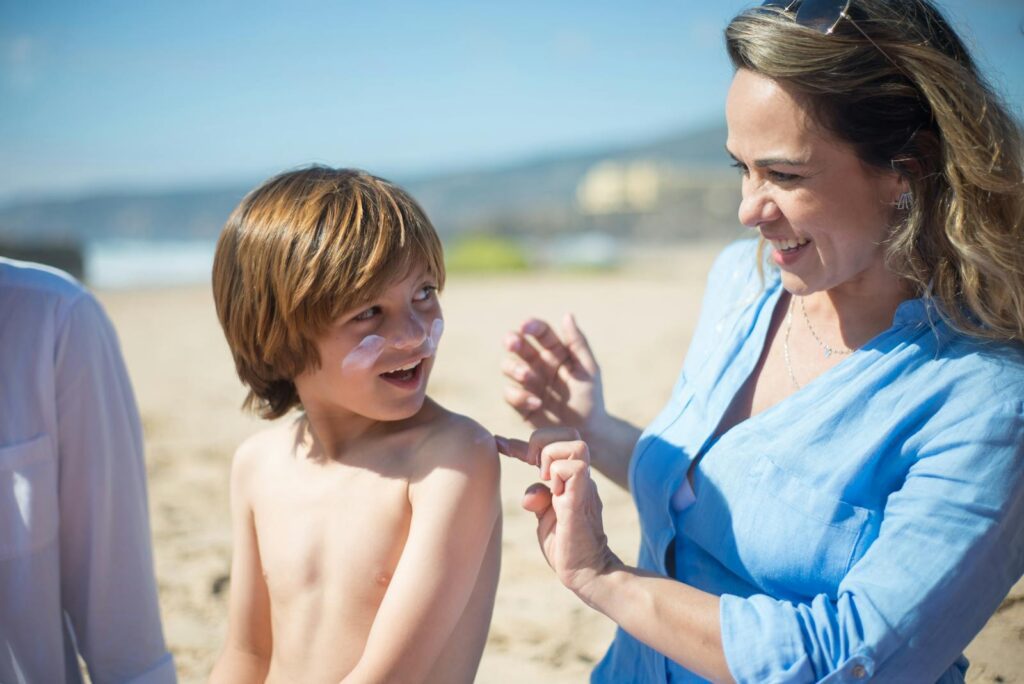It’s easy to look back on our childhood with a touch of nostalgia, recalling the seemingly simpler times when our parents guided us through life’s ups and downs. But have you ever stopped to consider how the practices of yesteryears shaped us into the adults we are today?
Compiled from a mix of expert opinion and popular trends, this list delves into the actions our parents took that, unbeknownst to us then, were instilling valuable lessons and virtues. Let’s stroll down memory lane and perhaps gain some parenting tips along the way.

Family Dinners
Remember those days when the whole family would gather around the dinner table, sharing meals and stories from the day? These moments were more than just about nutrition – they were about connection. Family dinners fostered open communication, respect, and a sense of belonging.
Research shows that children who participate in regular family meals are more likely to perform better academically and exhibit fewer behavioral problems. So, if you’re a parent now, consider making family dinners a tradition in your own home.
Chores
While we might have grumbled about them at the time, chores were an essential part of growing up. They taught us responsibility, the value of hard work, and basic life skills. Whether it was tidying our rooms, washing dishes, or helping with the gardening, these tasks were our first lessons in personal responsibility.
Studies suggest that kids who do chores have a greater sense of self-efficacy and manage time better as adults. So dust off that old chore chart and pass it down to the next generation!
Outdoor Play
Before the digital age, outdoor play was a fundamental part of our daily routine. We climbed trees, rode bikes, and played catch in the backyard. This unstructured playtime not only kept us physically active but also stimulated our creativity and problem-solving skills.
Research indicates that outdoor play can boost children’s cognitive development, physical health, and emotional well-being. So encourage your kids to step away from their screens and explore the great outdoors.
Reading Bedtime Stories
Who can forget the soothing voice of our parents as they read to us before bedtime? These nightly rituals did more than lull us to sleep; they introduced us to the magical world of stories, sparked our imaginations, and nurtured our language skills.
Experts agree that reading aloud to children aids in their cognitive development and fosters a lifelong love for reading. So, even in this digital era, don’t underestimate the power of a good old-fashioned bedtime story.
Teaching Manners
Our parents were our first etiquette teachers, reminding us to say ‘please’ and ‘thank you’, and teaching us the importance of respect and courtesy. These simple lessons in manners have shaped our interactions and relationships in adulthood.
Instilling good manners in children helps them develop empathy and social skills, and it increases their chances of success in personal and professional life. So, keep up the tradition and teach your kids the importance of good manners.
Encouraging Curiosity
Remember when every other question was ‘why?’ and our parents patiently answered, encouraging our natural curiosity? This open-minded approach played a crucial role in developing our critical thinking and fostering a love for learning.
Embracing children’s curiosity aids in their cognitive development and encourages a growth mindset. So, next time your child asks ‘why’, take a leaf out of your parents’ book and patiently explain.
Limiting Screen Time
Unlike modern children, our screen time was limited, forcing us to find alternative ways to entertain ourselves. This encouraged creativity, social interaction, and active play – all crucial components of a healthy childhood.
Excessive screen time can lead to health and developmental issues in kids, reinforcing the importance of setting appropriate boundaries. So, set limits and ensure your kids have plenty of time for off-screen activities.
Teaching Us To Save
Our parents taught us the value of money from an early age, whether through chores, allowances, or saving for a toy we wanted. This instilled in us a sense of financial responsibility and the importance of saving.
Teaching children about money management from an early age sets them up for financial success as adults. So, consider giving your children an allowance and teaching them to save.
Family Road Trips
Those family road trips we took as kids were more than just vacations – they were lessons in patience, adaptability, and the joy of discovery. Whether it was singing along to road trip tunes or marveling at new landscapes, these experiences expanded our horizons.
Travel can broaden children’s minds and teach them about different cultures, environments, and ways of life. So, load up the car, hit the road, and create some unforgettable family memories.
Encouraging Us To Write Thank You Notes
Remember being nudged to write thank you notes after receiving gifts? This simple act of gratitude taught us to appreciate the kindness of others and instilled in us the importance of expressing thanks.
Teaching children to express gratitude can foster empathy and happiness. So, hand your child a pen and a thank you card, and help them appreciate the joy of giving thanks.
Family Game Nights
Family game nights were more than just fun – they taught us about healthy competition, teamwork, and strategic thinking. Whether we were playing Scrabble, Monopoly, or a round of charades, these games brought us together and left us with some of our fondest memories.
Playing games as a family can foster bonding, enhance cognitive skills, and teach children about sportsmanship. So, dust off that old board game and bring back the tradition of family game nights.
In the end, it’s clear that the seemingly ordinary practices of our parents had extraordinary impacts on our development. So, as you navigate the challenges of parenting, remember these tried-and-true methods that not only stood the test of time but also helped shape us into the adults we are today. Here’s to the wisdom of the past, guiding us in the present, and shaping the future.














